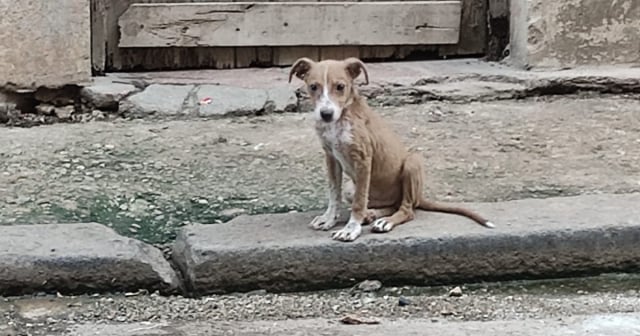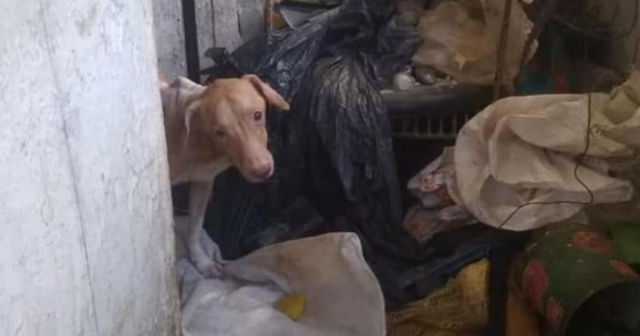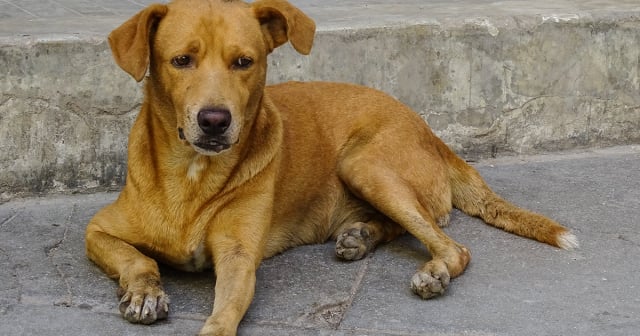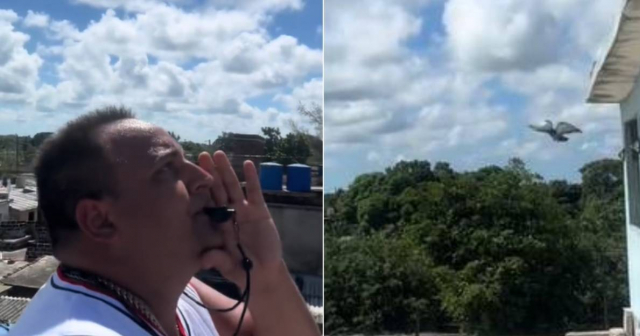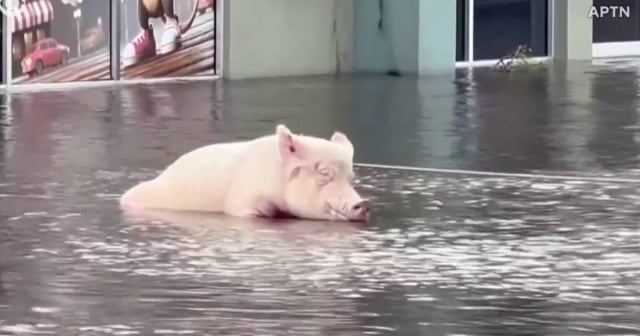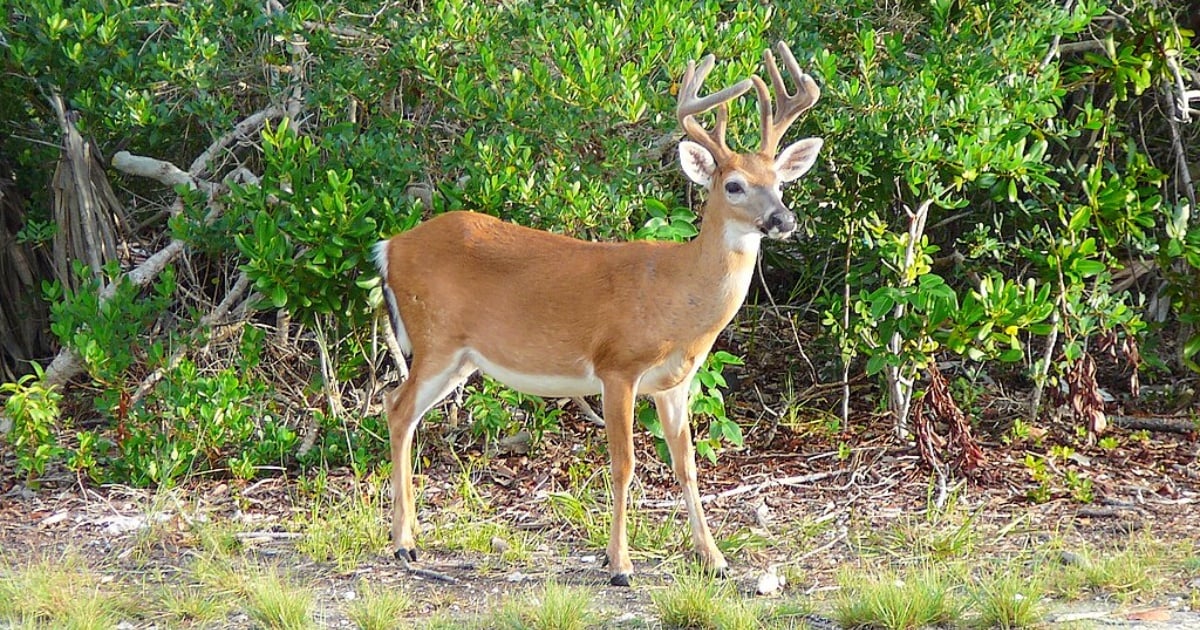
The creatures known as "Key deer," the smallest subspecies of the white-tailed deer and unique in the world, are in danger of extinction.
They inhabit the wooded wetlands of the Florida Keys, surrounded by the Atlantic Ocean and the Gulf of Mexico, and have faced multiple challenges over the years, from poaching to accidents on the busy Federal Route 1.
However, its greatest current threat is climate change and rising sea levels, which jeopardize its habitat and, ultimately, its survival.
In past decades, the population of these deer drastically decreased to just 50 individuals due to hunting and road accidents, marking a critical point for the species.
Thanks to conservation efforts, the herd managed to recover, reaching approximately 1,000 individuals in 2010.
However, events such as a deadly parasite and Hurricane Irma again impacted their numbers.
Currently, the situation is more critical due to rising sea levels, which are already transforming the landscape of Big Pine Key and the other 20 islands that make up its home, according to the Associated Press.
This change, along with the intrusion of saltwater, reduces freshwater sources and impacts the vegetation that deer rely on for nourishment.
Impact of Climate Change and Urbanization
The National Oceanic and Atmospheric Administration (NOAA) forecasts that by 2100, sea levels could rise by up to two meters in some areas of the Keys, threatening the habitat of deer.
Big Pine Key, where most of the population resides and which has a maximum elevation of 2.4 meters, is particularly vulnerable.
Furthermore, urbanization since the 1970s has significantly reduced natural areas, increasing competition for fresh water and food between deer and residents.
Urban development has also driven deer into neighborhoods, where they seek food in gardens and drink water from buckets provided by local residents.
While these practices demonstrate the community's empathy, they can also be dangerous, as they foster dependence on animals and expose them to accidents on the roads.
Adaptation and Uncertain Future
The deer in the Keys have learned to coexist with humans, moving between the wild spaces and residential neighborhoods.
However, the ongoing loss of habitat and the effects of climate change, including more intense hurricanes and the death of native pines due to saltwater intrusion, exacerbate the situation.
Experts emphasize that the future of the species is uncertain. It is estimated that by 2030, a 15 cm rise in sea level could eliminate 16% of the freshwater sources in Big Pine Key.
By 2050, it is projected that more than 84% of the species' preferred habitat could be submerged.
Possible solutions and ethical dilemmas
Faced with this situation, wildlife defenders and scientists are considering tough options.
The relocation of the species to other areas or zoos could preserve the Key deer, but it carries the risk of interbreeding with other subspecies and the loss of their unique genetic characteristics.
Keeping them in zoos is considered an extreme and less than ideal alternative for wild animals.
Chris Bergh from The Nature Conservancy highlights the urgency of finding solutions that will allow deer to continue living in their natural habitat for as long as possible.
However, he acknowledges that if it becomes unsustainable, zoos could be the last resort, although he emphasizes that it's "a terrible alternative" for an animal that should live in freedom.
The conservation of the deer in the Keys serves as a wake-up call about the importance of mitigating the effects of climate change and protecting natural habitats. The fate of this unique subspecies represents a significant challenge for biodiversity and environmental management in Florida.
What do you think?
COMMENTFiled under:


